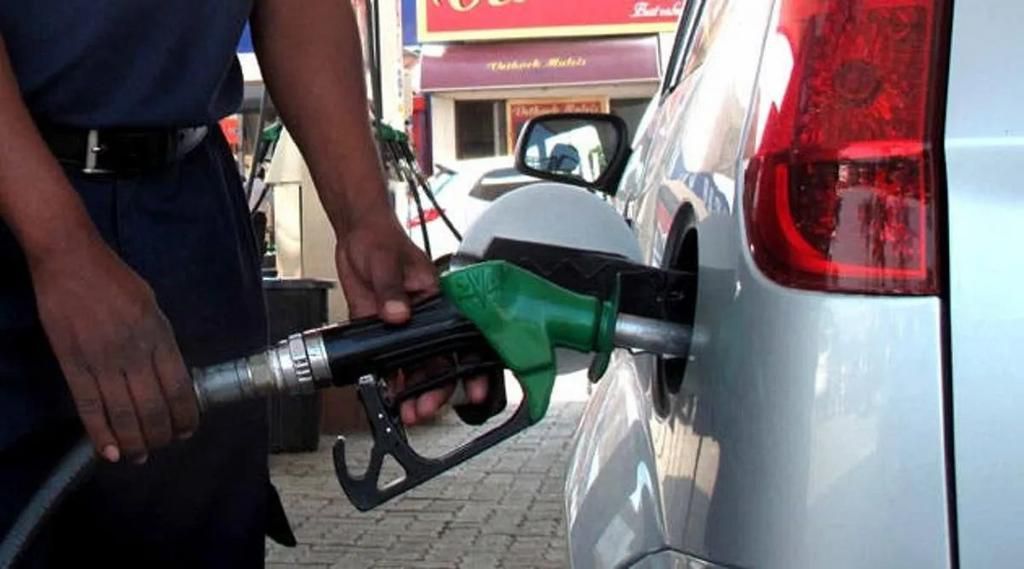
The Nigerian National Petroleum Company Limited (NNPCL) has slashed its ex-depot price of Premium Motor Spirit, commonly referred to as petrol, from N1,020 to N899 per litre.
Petroleum Products Retail Outlets Owners Association of Nigeria (PETROAN) confirmed the development in a statement on Saturday, December 21, 2024.
Signed by the association’s National Public Relations Officer, Dr Joseph Obele, the statement quoted a document released by NNPCL's Commercial Department indicating a reduction based on the regional pricing scheme.
Recall that Dangote Refinery announced a price reduction of its ex-depot price to N899 per litre to marketers a few days ago.
Meanwhile, the NPPCL's new price template indicated that marketers would buy the product at N899 per litre, matching the price offered by the Dangote refinery a few days ago.
However, marketers purchasing from Warri, Oghara, Port Harcourt and Calabar will pay N970 per litre to offtake products.
“The Nigerian National Petroleum Company Limited has taken a significant step in response to the competitive impact of deregulation in the downstream sector.
“The company recently reduced the ex-depot price of Premium Motor Spirit from N1,020 to N899 per litre.
“The price reduction by NNPCL is seen as a response to the competitive impact of deregulation, which has led to increased competition in the downstream sector,” the statement read.
Marketers say price war impact of deregulation
Meanwhile, Obele observed that the price reduction by the national oil company is a response to the competitive impact of deregulation, which he noted has spurred competition in the downstream sector.
The PETROAN spokesman expressed optimism that PMS prices will drop further before the end of January 2025, given the global decline in crude oil prices and the recent resurgence of the Nigerian currency.
He described the price war as a trend that has come to stay, stressing that the price reduction by Dangote Refinery and NNPCL demonstrates the benefits of competition and advocates for the immediate privatisation of government-owned refineries.
The development is expected to trigger a price war among retailers, with consumers standing to benefit the most.